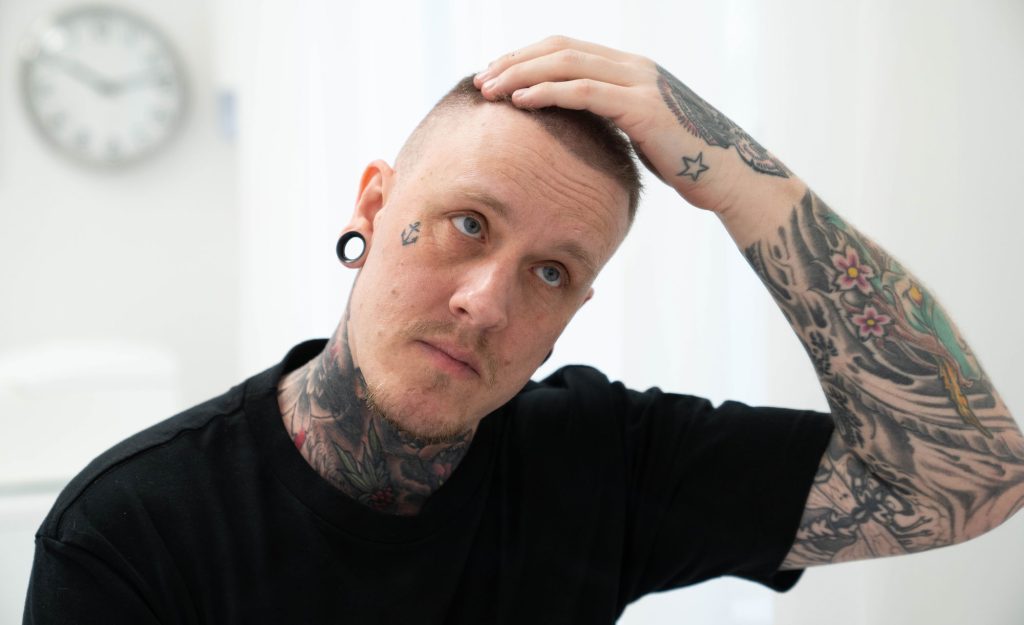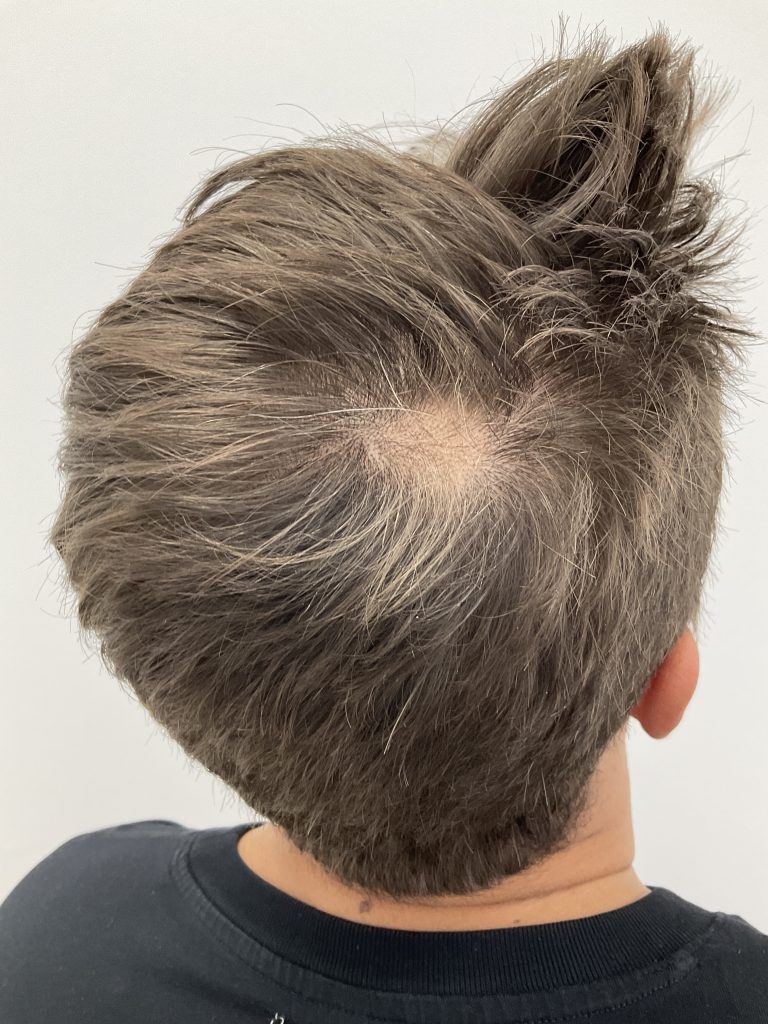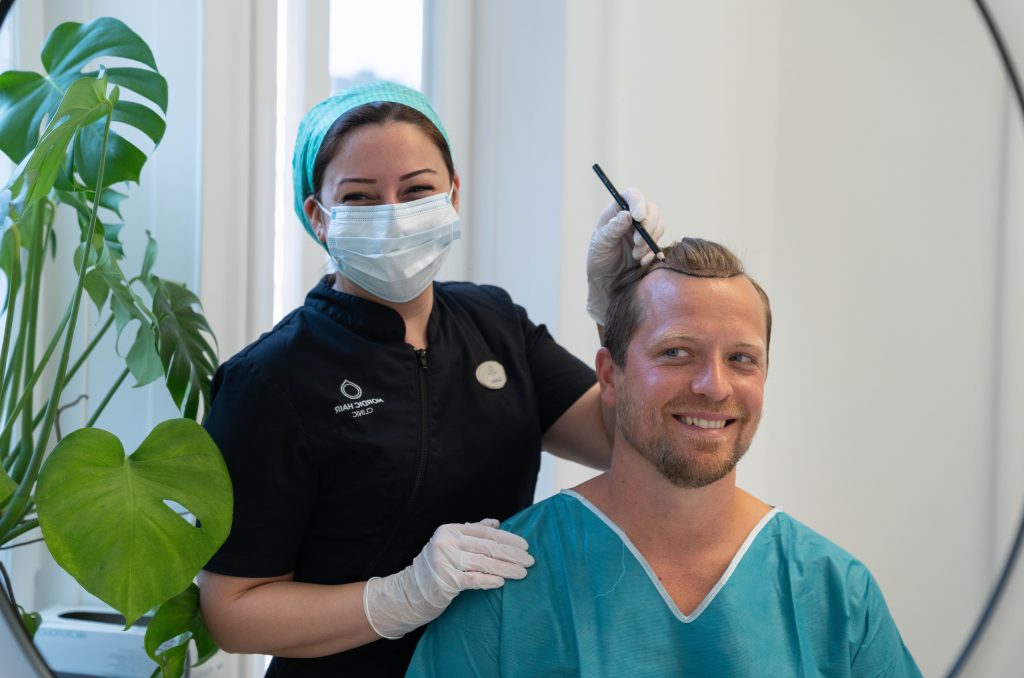hereditary hair loss
What is hereditary hair loss?
Some people have hair loss coded into their genes to start at a young age, while others keep their hair until they are older.
A common myth is that it is only your mother’s genes that cause hereditary alopecia (hair loss). There is no evidence for this. Heredity can also skip generations.
This means that if you carry the genetic predisposition for hair loss, it doesn’t necessarily mean that you will start losing your hair.
There are very good possibilities for treatment of hereditary hair loss if it is started in time.







